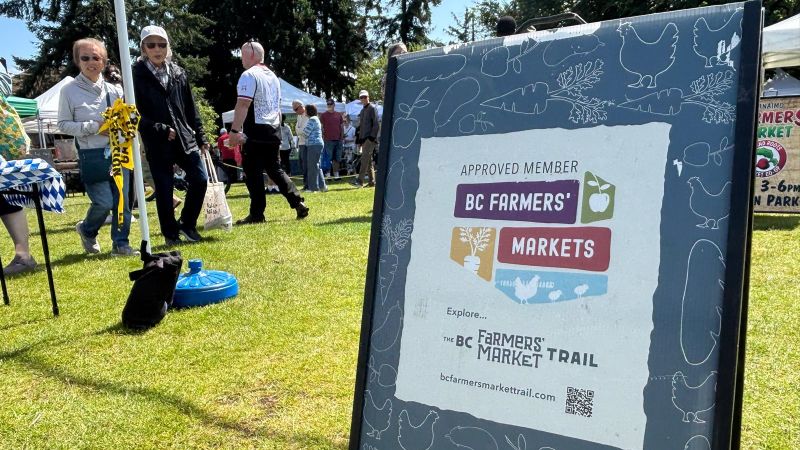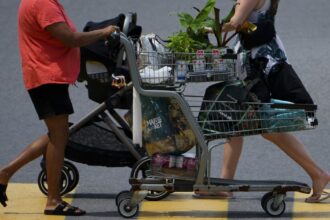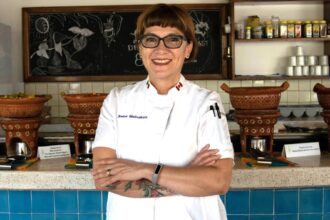In a significant move to bolster food security and support local agriculture, the British Columbia government has announced a $4.25 million investment in the BC Farmers’ Market Nutrition Coupon Program. This funding injection arrives at a critical time when many families are struggling with rising food costs and seeking more sustainable food options.
The program, which connects low-income individuals and families with local farmers, has seen remarkable growth since its inception. What began as a modest initiative has transformed into a vital lifeline for both vulnerable communities and local agricultural producers throughout the province.
“This investment represents more than just financial support—it’s about creating sustainable food systems while addressing immediate needs,” said Lana Popham, B.C.’s Minister of Agriculture and Food, during yesterday’s announcement. “When we connect local farmers directly with consumers who need support, everyone benefits.”
The enhanced funding will expand the program’s reach to approximately 8,800 households across British Columbia, providing weekly stipends of $27 that can be redeemed at participating farmers’ markets. Program participants include pregnant individuals, families with young children, seniors living on fixed incomes, and those facing food insecurity challenges.
Beyond addressing immediate food access concerns, the program delivers measurable economic benefits to local farmers and vendors. According to CO24 Business analysis, every dollar spent through the coupon program generates approximately $3 in local economic activity, creating a multiplier effect that strengthens regional food systems.
The BC Association of Farmers’ Markets, which administers the program, reports that participating markets have seen a 30% increase in overall attendance following coupon program implementation, benefiting all vendors. These markets have become essential community hubs in many Canada communities, particularly in rural areas where food access options may be limited.
“What makes this program particularly effective is its two-pronged approach,” explains Dr. Hannah Reid, food security specialist at the University of British Columbia. “It addresses immediate hunger needs while simultaneously building skills and knowledge around nutrition, food preparation, and sustainable consumption patterns.”
Program participants don’t just receive coupons—they also gain access to cooking demonstrations, nutritional education, and community connections that foster long-term food security. This comprehensive approach has made the program a model examined by other provinces looking to address similar challenges in their regions.
The funding boost comes as CO24 News reports indicate food bank usage across the country has reached record levels, with inflation hitting essential items hardest. For many families, the weekly farmers market coupons provide access to nutritious produce that would otherwise remain financially out of reach.
Local farmers like Emma Chen, who operates Green Valley Farm near Kelowna, have witnessed the program’s impact firsthand. “This program has brought new customers to our stand who never shopped at farmers markets before,” Chen noted. “Many become regular customers even after their coupon eligibility ends, which builds our business for the long term.”
As climate concerns and supply chain vulnerabilities continue to highlight the importance of regional food systems, programs that connect consumers directly with local producers are gaining increased attention from CO24 Politics analysts. The question remains: could this model of direct farmer-to-consumer support, with its dual economic and social benefits, become the blueprint for addressing food insecurity across Canada?


















